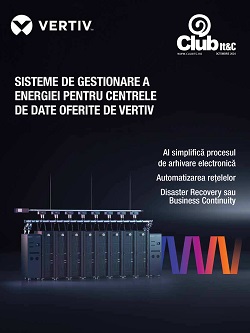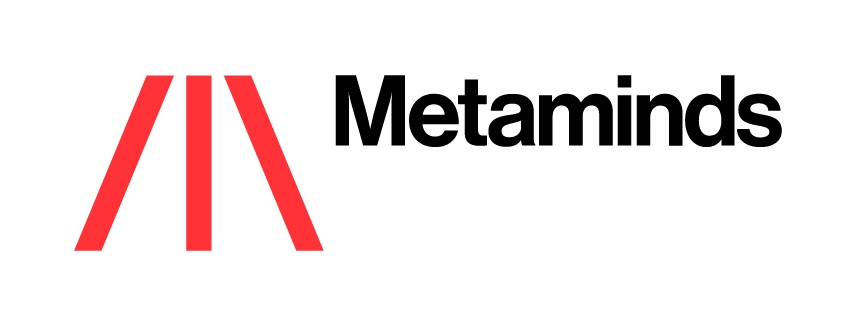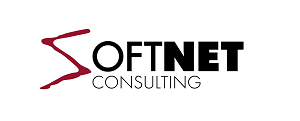Romanian SMEs export increasingly large quantities to Europe, thus registering a 20% increase in the quantity of goods transported to foreign markets in 2023 compared to last year. According to data from DSV Road, part of Denmark’s DSV Group, Europe’s third-largest freight services company, the most transported goods are in the food, clothing, footwear, and light industry categories.
According to the DSV Road report, Romanian SMEs transport between 2,000 and 5,000 tons of goods monthly, i.e., 900 monthly shipments. Most of the goods exported by local SMEs go to Germany, Italy, Poland, Slovakia, the Czech Republic, and Hungary, which shows a diversification of markets and the ability of Romanian companies to adapt to international requirements.
 “We observe a significant increase in the exports of Romanian SMEs from year to year. This demonstrates not only the ability of these companies to adapt to the European competitive environment but also their desire to contribute to the development of the Romanian economy by expanding their activity on international markets DSV Road supports small and medium-sized companies in Romania through groupage transport services, the most used type of transport by these companies, which helps them reduce expenses by up to 80%, by optimizing routes and expanding routes to more markets. And from year to year, we register increases in the number of SME clients from various fields for transport services both between Romania and Europe, as well as for domestic transport of goods, a growing market for our company”, says Sergiu Iordache, Managing Director of DSV Road.
“We observe a significant increase in the exports of Romanian SMEs from year to year. This demonstrates not only the ability of these companies to adapt to the European competitive environment but also their desire to contribute to the development of the Romanian economy by expanding their activity on international markets DSV Road supports small and medium-sized companies in Romania through groupage transport services, the most used type of transport by these companies, which helps them reduce expenses by up to 80%, by optimizing routes and expanding routes to more markets. And from year to year, we register increases in the number of SME clients from various fields for transport services both between Romania and Europe, as well as for domestic transport of goods, a growing market for our company”, says Sergiu Iordache, Managing Director of DSV Road.
Of DSV Road’s total customers, 70% are represented by SMEs, especially from the FMCG, retail, clothing, chemical, and pharma fields. Most of them import goods from various countries in Europe to the extent of 80%, but their export activity is constantly increasing.
The most used type of transport by SMEs, in a proportion of over 90%, is groupage transport, which allows the transport of the desired amount of goods, from 10 kg to 3,000 kg per truck, together with the goods of other companies. Only 5% of SMEs rent a full truck for the transport of goods.
In the next place is intermodal transport (road+rail), chosen by SMEs in Romania for the availability of stable transport capacity, for less fluctuating costs compared to road transport, for the increased payload capacity, and for the reduced impact on the environment. Intermodal transport can reduce the amount of carbon emissions by up to 70%.
Moreover, there is an increased interest of SMEs in the Green Transport solution, as they follow the trend of multinational companies with sustainability programs and ESG strategies to opt for biofuel-based goods transport. At the same time, SMEs turn to the analysis of the impact on the environment through the transported goods, using the CO2 Reporting Tool application, through which the amount of CO2 emissions is calculated, thus receiving advice for the optimization of the logistics chain.
DSV Road aims to reduce the amount of carbon emissions by up to 40% by 2030, including in Romania. Thus, at the level of the DSV group, a financing fund with a total value of 1 billion Danish kroner (over 134 million euros) is available, from which investments can be attracted in ESG, CO2 reduction, and environmental protection programs in Romania.
Romania is one of the most important markets in the region for the Danish group DSV, present locally for almost 30 years. Thus, for 2023, the DSV Road company expects a 10% increase in business, after last year it recorded a turnover of 70 million euros, 40% higher than in 2021, due to the increase in the number of customers and demand for all types of transport, especially groupage and intermodal.






























